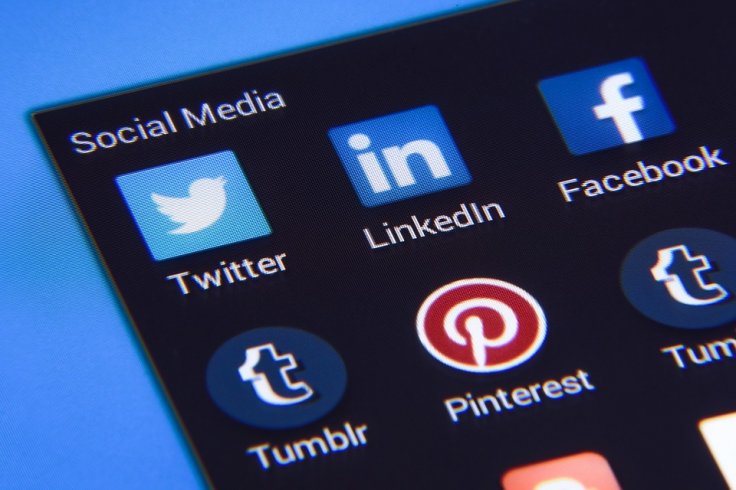
Last few decades have filled our news pages with stories of drug addicts, pathological gamblers who failed often in IQ tests or attributed with bad decision-making trait. But scientists now warn that the new addiction, hooked on to social media, especially Facebook or WhatsApp is leading to similar trait among the decision-makers.
Researchers from Michigan State University said the connection between social media use and impaired decision-making is very much there and it's similar to what is commonly deficient in substance addiction.
"Around one-third of humans on the planet are using social media, and some of these people are displaying maladaptive, excessive use of these sites," said Dar Meshi, lead author and assistant professor of Michigan State University. "Our findings will hopefully motivate the field to take social media overuse seriously."
The study, conducted in collaboration with Australia's Monash University, was the first of its kind to explore the link between social media use and risky decision-making capabilities, though it did not test for the cause of such trait. "Decision making is oftentimes compromised in individuals with substance use disorders. They sometimes fail to learn from their mistakes and continue down a path of negative outcomes," explains Meshi.
Meshi and his team conducted a survey on 71 participants, measuring their psychological dependence on Facebook, similar to addiction. It included questions about users' preoccupation with the platform, their feelings when unable to use it, attempts to quit and the impact that Facebook has had on their job or studies.
The participants also did the Iowa Gambling Task, a common exercise used by psychologists to measure the level of decision-making capabilities. In this, users identify outcome patterns in decks of cards to choose the best possible deck.
After the gambling task, those who performed poor by choosing from bad decks happened to be those addicted to social media as well. Those who performed better have shown less inclination on social media use. There is a complementary nature in results with substance abusers, said researchers.
People who abuse opioids, cocaine, methamphetamine, among others have shown similar results after the Iowa Gambling Task. "With so many people around the world using social media, it's critical for us to understand its use," Meshi said.
The findings are published in the Journal of Behavior Addictions.
In another relevant study on Facebook, it was found that social networking activity has become a key influencer on psychological and physical health of the users. The study report published in the journal Heliyon showed how Facebook users consumne and re-interpret information from social comparisons and correlate it with their own perceptions, and in turn this has impact on their confidence levels, health and also health awareness.
"More people are spending more time on Facebook and social comparisons are an inevitable part of the experience. It is important to be more aware of how this activity affects us... given the strong link between well-being, quality of life, and physical health," explained lead investigator, Bridget Dibb from the University of Surrey, UK.
Previous research has shown that the experience after social comparison depends more on how the comparer interprets the information rather than on the direction of the comparison. It means people who had positive feelings after comparisons with Facebook friends who are better off also reported a heightened awareness of health problems. Neither positive and negative downward comparison nor upward negative comparison were significantly associated with physical symptoms, said the study.









